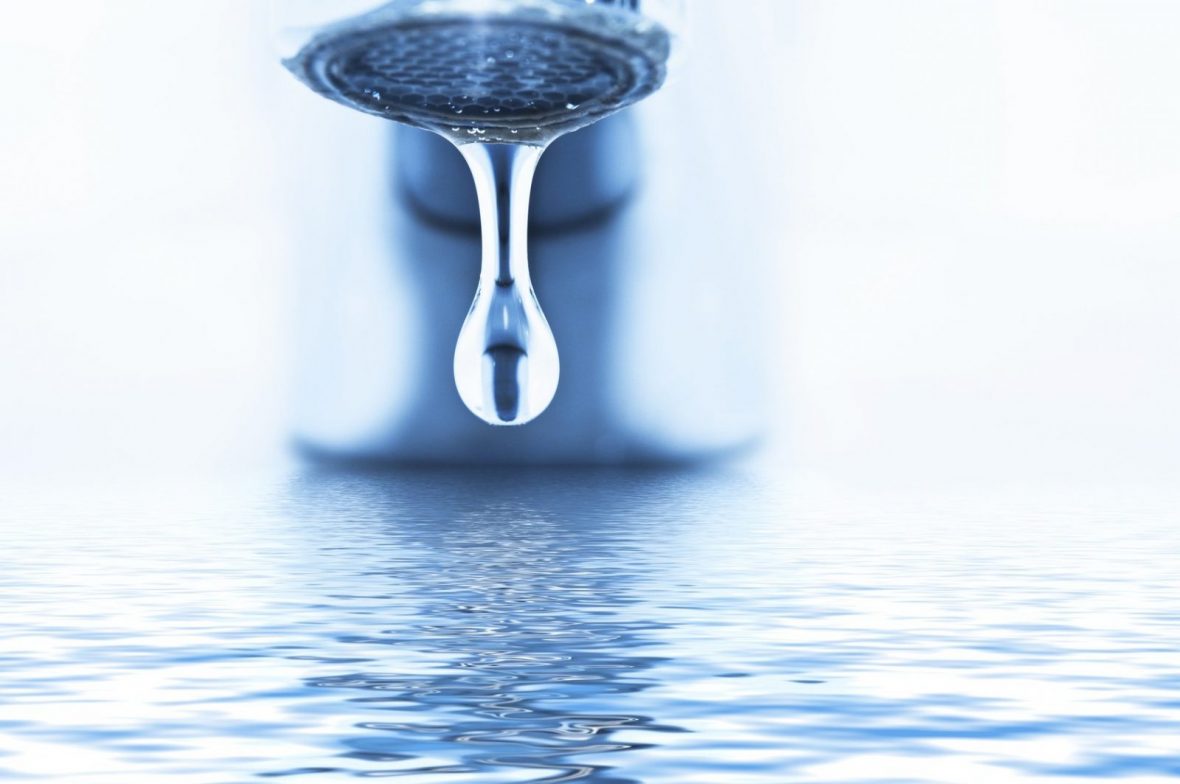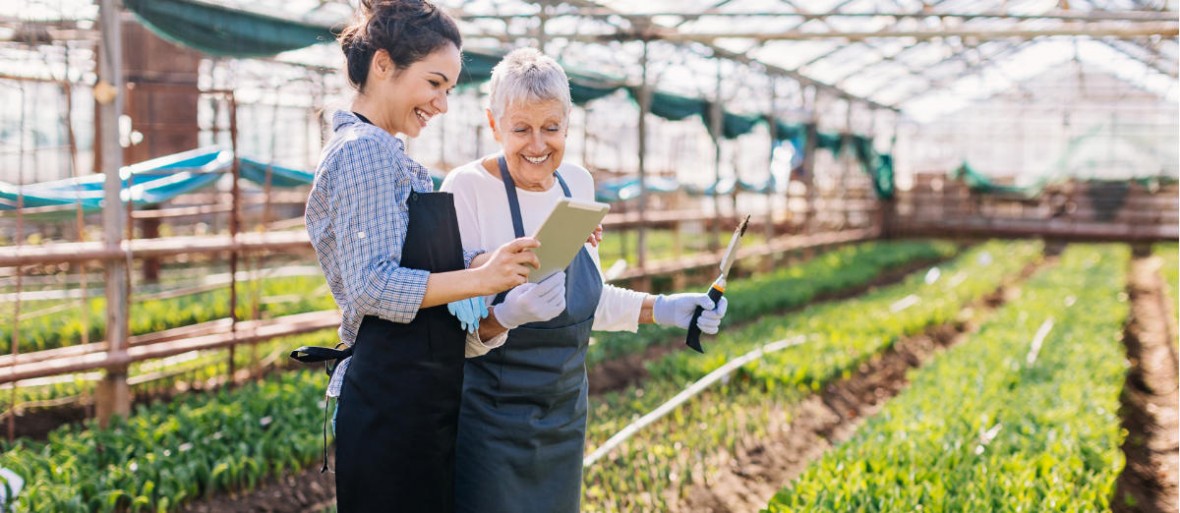In spite of California sopping up its second wettest rainy season in 122 years during 2017, water supply for agriculture remains a critical concern. As an article in Grist cautions, "Though much of California has been deluged with precipitation this year, scientists warn that the wet weather won’t last. Climate change is expected to make the state’s dry-and-drenched extremes even more drastic. To maintain the state’s agricultural might, farmers will need new water sources that won’t dry up in the next drought."

One of those sources will be wastewater. Aside from generating bathroom humor headlines (Veggies grown with toilet water could be headed to your table), a Modesto, California water recycling initiative should be operational by December, making it the largest wastewater-to-agriculture reuse project in the state. The much needed water will be supplied to around 200 family farms on the west side of the San Joaquin Valley.
Sewage from the cities of Modesto, Turlock and Ceres are processed in Modesto’s two waste treatment plants. The primary treatment plant is Sutter, which removes solids. Water is then pumped to the Jennings facility, where microscopic protozoa are used to break down organic matter and any remaining solids. Finally, UV lights are used to disinfect the water. The system produces almost 15 million gallons of treated water per day.
The project, known as the North Valley Regional Recycled Water Program, marks the largest recycled water conveyance project to date in the U.S. Treated water will be pumped through pipelines into the Delta Mendota Canal, owned by the U.S. Bureau of Reclamation. The water will be purchased by Del Puerto Water District to support some of the country’s most productive farms.
The use of wastewater for irrigation is not a new phenomenon; untreated wastewater irrigation dates back to prehistoric times, a practice continued by the Greeks, Romans and ensuing civilizations. In fact, "sewage farms" were a common approach to agriculture in the UK and the United States into the 19th Century and beyond. The health risks associated with using untreated wastewater eventually became more widely understood, however. Cholera outbreaks in 1832, 1849 and 1855 killed tens of thousands of people and harkened the introduction of sewage systems in the mid-1800s.
At a global level, water security remains an important concern in the 21st Century. Over 80% of wastewater returns to the ecosystem without treatment, while feces-contaminated drinking water is used by 1.8 billion people, increasing their risk of disease.
Today, wastewater is used to irrigate greater than 20 million hectares of land around the world. "Recognizing wastewater as a resource is a step in the right direction in face of increasing water scarcity," notes United Nations University (UNU). It cautions, however, that "much of wastewater use in agriculture is not based on any scientific criteria ensuring that it is safe." With this in mind, UNU-FLORES has published Safe Use of Wastewater in Agriculture: Good Practice Examples (2016) to provide a starting point in understanding the issues associated with wastewater usage for farming.
Water security is an important consideration throughout the fresh produce supply chain, from conservation best practices at the farm to the minimization of water footprint for processing, distribution and retail. Did you know that heating, ventilation and air conditioning systems can account for 10 to 25% of a building’s total water consumption, and that when it comes to produce shipping containers, RPC usage results in 79% less water usage than Non-Display Ready Containers and 80% less than Display Ready Containers?
In a world facing extreme pressure for both food and a reliable clean water supply, many innovative approaches will be required. The ability to safely recycle wastewater for agricultural irrigation seems well worth exploring.
Stay up to date
Want the latest fresh food packaging industry knowledge delivered straight to your inbox? Subscribe to our newsletter and get the latest news, trends, articles and more!
